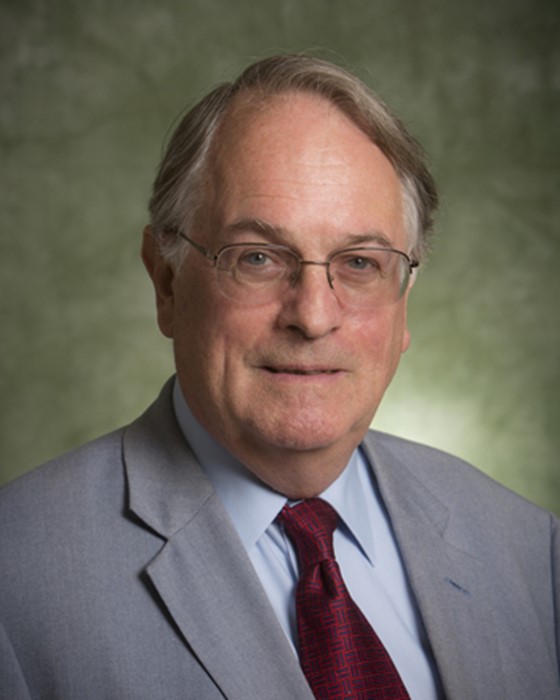Stanley Whittingham
Sir Michael Stanley Whittingham is a British-American chemist. He is currently Full Professor of Chemistry and Director of both the Institute for Materials Research and the Materials Science and Engineering program at Binghamton University, State University of New York. He was awarded the 2019 Nobel Prize in Chemistry together with Akira Yoshino and John B. Goodenough “for the development of lithium-ion batteries”.
Prof. Sir M. Stanley Whittingham was born in Nottingham, England, on December 22, 1941. He was educated at Stamford School from 1951 to 1960 before going to New College, Oxford, where he received his B.A. in 1964, his M.A. in 1967 and his Ph.D. in 1968. After completing his undergraduate studies, Prof. Sir M. Stanley Whittingham became a postdoctoral researcher at Stanford University. He subsequently worked for 16 years for Exxon Research & Engineering Company and four years for Schlumberger, both companies that were extremely active in the application of advanced basic science to engineering. After these industrial experiences, Sir M. Stanley Wittingham took up the position of Full Professor at Binghamton University.
From 1994 to 2000, Prof. Sir M. Stanley Whittingham served as Vice Chancellor for Research at Binghamton University. He also served as Vice President of the Research Foundation of the State University of New York for six years. Sir M. Stanley Whittingham is a Distinguished Professor of Chemistry, Chemical and Materials Science and Engineering at Binghamton University. Prof. Sir M. Stanley Whittingham was appointed Chief Scientific Officer of NAATBatt International in 2017.
Prof. Sir M. Stanley Whittingham co-chaired the U.S. Department of Energy’s (DOE) study on chemical energy storage in 2007, and is director of the Northeastern Center for Chemical Energy Storage (NECCES), a DOE frontier research center in Binghamton that focuses on both fundamental and applied engineering aspects of energy research. In 2014, NECCES received $12.8 million from DOE to help accelerate the scientific discoveries needed to build the 21st century economy. In 2018, NECCES received an additional $3 million from the Department of Energy to continue its fundamental and engineering research on batteries. The NECCES team is using the funding primarily to improve materials for use in energy conversion and storage devices and to develop new systems that are “cheaper, more environmentally friendly, and capable of storing more energy than current materials.”
Prof. Sir M. Stanley Whittingham received the Electrochemical Society’s “Young Author Award” in 1971, the “Battery Research Award” in 2003, and was inducted to hold the title of “Fellow of the Electrochemical Society” in 2004. In 2010, Prof. Sir M. Stanley Whittingham was named one of Greentech Media’s top 40 innovators for his contributions to advancing green technology. In 2012, Prof. Sir M. Stanley Whittingham received the “IBA Yeager Award” for his contributions to research on functional materials for lithium battery applications, and was elected a Fellow of the Materials Research Society in 2013. In 2017, he received the International Society on Solid State Ionics (ISSI) “ISSI Senior Scientist Award” in Padova “for his critical contributions to the advancement of materials science for solid-state ionic conductors.” In 2018, Prof. Sir M. Stanley Whittingham was elected to the National Academy of Engineering “for pioneering the application of intercalation chemistry to energy storage materials.” In 2023, he received the “VinFuture Grand Prize”, and in 2024, he was awarded the title of “Knight Bachelor” for “services to chemistry.”


